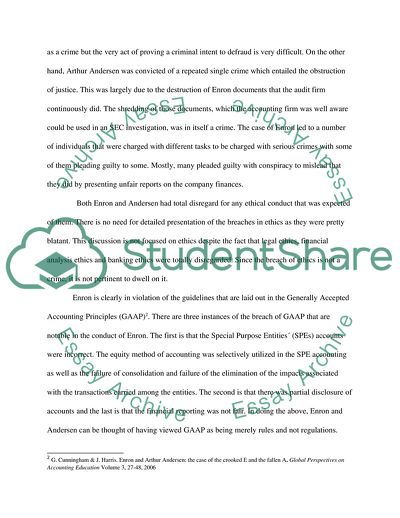Cite this document
(Auditing problems and three types of consulting services Essay, n.d.)
Auditing problems and three types of consulting services Essay. https://studentshare.org/finance-accounting/1765810-auditing-problems-and-three-types-of-consulting-services
Auditing problems and three types of consulting services Essay. https://studentshare.org/finance-accounting/1765810-auditing-problems-and-three-types-of-consulting-services
(Auditing Problems and Three Types of Consulting Services Essay)
Auditing Problems and Three Types of Consulting Services Essay. https://studentshare.org/finance-accounting/1765810-auditing-problems-and-three-types-of-consulting-services.
Auditing Problems and Three Types of Consulting Services Essay. https://studentshare.org/finance-accounting/1765810-auditing-problems-and-three-types-of-consulting-services.
“Auditing Problems and Three Types of Consulting Services Essay”. https://studentshare.org/finance-accounting/1765810-auditing-problems-and-three-types-of-consulting-services.


